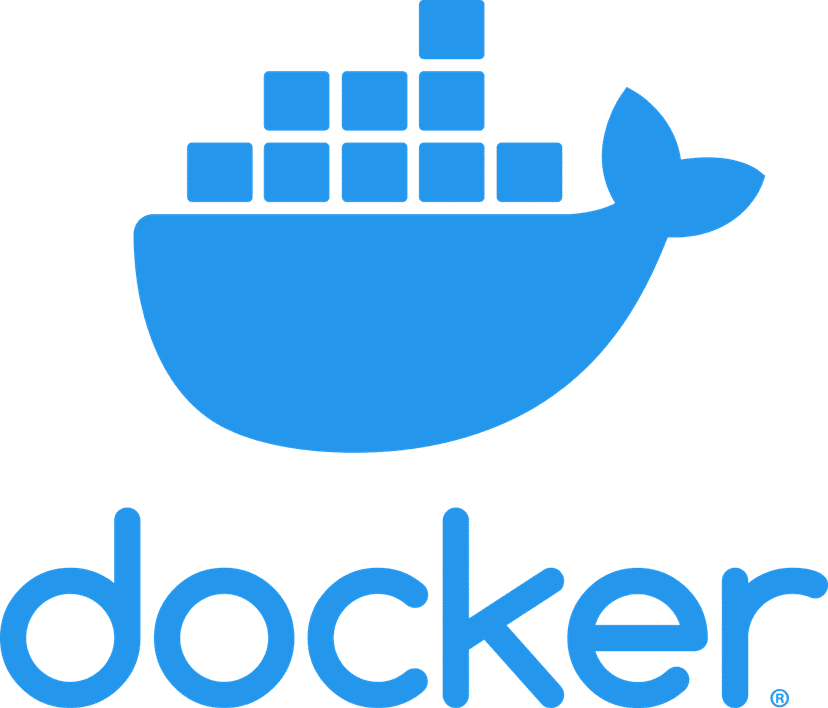Docker

What is Docker?
Definition
Docker is an open-source platform that automates the deployment, scaling, and management of applications by using containers. Containers package an application and its dependencies into a single, portable unit, making it easier to run and maintain across different environments.
Analogy
Imagine you have a toy factory, and you need to ship your toys to different stores. Instead of packing each toy individually and sending them in various-sized boxes, you decide to use standard shipping containers. These containers can hold all the toys and their parts, keeping them organized and protected during transport. The stores can then easily unload and display the toys, regardless of their internal setup.
In other words
Docker is like a standard shipping container for applications, packaging them with their dependencies to run smoothly and consistently across different environments.
Why is Docker important?
It's one thing to know what Docker is, but that is worthless if you don't know why you should know what a code repository is in the first place. Let's break down the importance of this tech term based on two high-level categories. We'll walk through an explanation as well as provide a score, 1-10, that shows you how much you should care about Docker.
Pre-Product: 4/10
If you don't have a product yet, Docker may not be immediately relevant to your startup. However, it's still useful to be aware of Docker as a tool that can streamline your development process once you start building your product.
Live Product: 6/10
For startups with a live product, Docker becomes more important as it helps ensure consistent application performance across various environments. It simplifies deployment, scaling, and updates, ultimately saving time and resources for your development team.
Examples of Docker
So you know what Docker is, by definition. You know if you should care about it or not depending on your situation as a business/company/product. To dig in deeper, we will walk through some tools and processes so we can make sure you really have a solid grasp on Docker.
Dockerfile
A Dockerfile is a script containing instructions to build a Docker image. It specifies the base image, application code, dependencies, and configurations required for the container. Developers can use Dockerfiles to create custom images tailored to their application's needs, ensuring a consistent environment across different stages of development.
Docker Compose
Docker Compose is a tool for defining and running multi-container Docker applications. It uses a YAML file to configure the application's services, networks, and volumes, making it easy to manage complex applications with multiple containers. Docker Compose simplifies the process of spinning up and tearing down environments, streamlining development and testing.
Docker Hub
Docker Hub is a cloud-based registry service that allows developers to share and distribute Docker images. It hosts both official images from software vendors and community-contributed images. Developers can use Docker Hub to find pre-built images for various applications, reducing the time spent on setting up environments.
Key Takeaways:
- Docker is an open-source platform that uses containers to automate the deployment, scaling, and management of applications.
- If you do not yet have a product, Docker may not be immediately relevant but is still useful to be aware of for future development.
- If you do have a product, Docker is important for ensuring consistent application performance and simplifying deployment, scaling, and updates.
- Examples of Docker tools include Dockerfile, Docker Compose, and Docker Hub.

